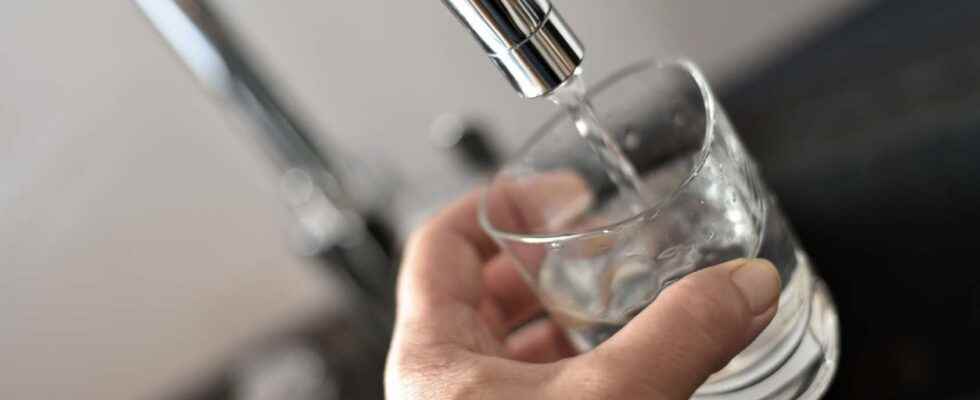a water softener is a device aimed at reducing Water hardness, that is to say its content of calcium and of magnesium. This device promotes the interaction of ions calcium and magnesium ions with the ions sodium.
Advantages and disadvantages of the water softener
If thewater softener is not a solution for the tartar where the limestone, it prevents excess scale in equipment such as the washing machine, induces substantial savings in household products and reduces skin problems linked to water. However, its drawbacks are multiple: the use of washing and rinsing water for the regeneration of the resins, the risk ofoxidation rapid in the case of looped galvanized steel, the risk of proliferation of bacteria in resins which induces a need for periodic disinfection as well as the taste of softened water which, for lack of sodium, is poorer and less appreciable than that ofwater normal.
The water softener preserves the sanitary installations
The water softener is a good solution to protect a sanitary installation against limestone or the corrosion. There are several types of water softener to enjoy softer water every day. Water quality regulations are very strict, whether it is connected to a private supply or a public network. However, even if the distributed water is safe for your health and drinkable, it can be harmful for the networks as well as for the sanitary installations since the hardness water is not subject to a standard.
The first thing to know for installing a water softener is the Water Hydrotimeter Rating, if it is below 20 ° F the water softener is not recommended. In order to know this information, you can use an easy-to-use express measurement kit or hire a laboratory or professionals to measure TH more accurately. The Hydrotimetric Title of water, noted TH, or the hardness of water translates the quantity of magnesium and calcium and is expressed in French degrees (° F).
The different types of water softeners
The resin softener with salt is the only solution to lower the hardness of the water. If the person simply wants to limit scale and lime deposits, a salt-free softener is sufficient. The choice of a water softener is made according to very specific needs:
- Limit lime deposits
- Soften
The capacity of the water softener must be chosen according to the water consumption, the initial hardness of the water and the number of people in the home. Softened water preserves the installations and saves money since we will avoid overconsumption of electricity linked to the formation of pie.
Softened water with the possibility of being purified of its salts minerals in particular of Halite thanks to the process ofosmosis reverse and thus obtained, osmosis water.
The water softener, to control the hardness of the water
The main purpose of a water softener is to correct the hardness of the water. The indications to know concerning the hardness of the water:
- When the TH of the water is less than 10 ° F: the water has little calcium, it is considered soft, it tends to slightly eat away at the metals and corrode but the pipes will not be soiled!
- The TH is between 10 and 20 ° F: the water contains the ideal amount of calcium (between 40 and 80 mg / l), we say that the water is not very hard. It is not too calcifying, nor corrosive and for the organism, it constitutes a supply in minerals of magnesium and calcium.
- TH is greater than 20 ° F: water contains more calcium (more than 80 mg / l), it is hard. In this case, the water will quickly scale your sanitary installation but it is not corrosive. A water softener is really useful in this situation.
You will also be interested
Interested in what you just read?
.
fs10
